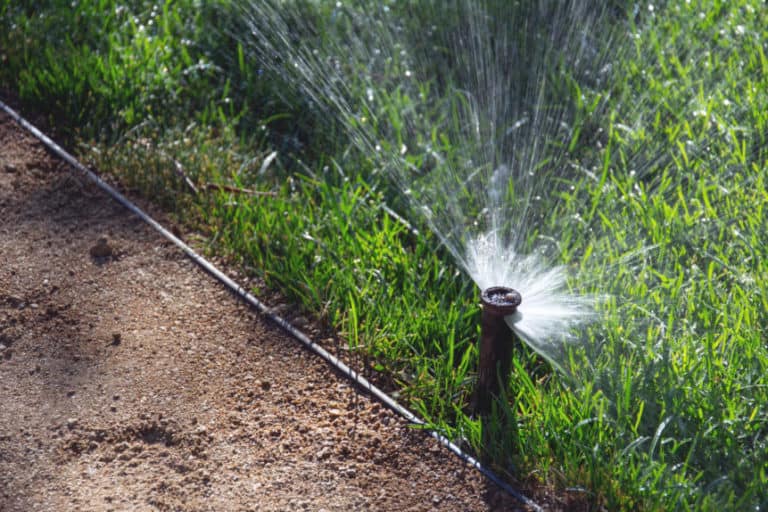How to Get Better Sleep When You Experience Sleep Apnea Symptoms

November is National Sleep Comfort Month, and as we approach the holiday season, it’s a good time as usual to review our sleeping habits. Some people have poor sleep quality and wake up exhausted, regardless of how many healthy sleep routines they adopt. After practicing nearly perfect sleep hygiene, if you’re still having difficulties falling asleep, you probably have a sleep disorder.
The Connection Between Teeth Grinding & Sleep Apnea
Each year, almost 40 million Americans experience persistent sleep difficulties. The teeth-grinding condition known as bruxism, which affects about 31% of the population, is a prevalent sleep disturbance. Many people are unaware that untreated sleep apnea frequently contributes to tooth grinding. With sleep apnea, your throat muscles block your airways and nasal passageways, causing you to stop breathing periodically during the night.
Nearly one in four persons with obstructive sleep apnea grind their teeth at night, and males are more likely to be afflicted, according to the National Sleep Foundation.
Common Sleep Apnea & Teeth Grinding Symptoms in Adults
You probably grind your teeth at night if you frequently wake up with headaches, earaches, fatigue, tight jaw muscles, or sensitive teeth you can get more information about teeth extraction and timeline. Additionally, bruxism can cause your teeth to become misshapen and wear out.
On the other hand, sleep apnea is a little more difficult to spot. Among the symptoms of sleep apnea are:
- noisy snoring
- having extreme daytime sleepiness and being exhausted despite having slept through the night (hyperinsomnia)
- difficulty remaining asleep (insomnia)
- Having a painful throat, dry mouth
Guidelines for Reducing Bruxism and Sleep Apnea for Better Sleep Quality
Many of these symptoms can be reduced by making little alterations to one’s lifestyle. These consist of:
- lower your stress levels (bruxism especially is a response to stress and anxiety).
- Maintain a healthy weight by losing weight (obesity increases the likelihood of airway obstruction and narrowed nasal passages).
- Try yoga (improves respiratory strength and oxygen flow).
- Drink in moderation. (Alcohol relaxes the muscles in your throat, which causes snoring and disrupts your sleep cycle. It also contributes to airway inflammation, which prevents you from breathing.)
- Stop smoking. (Tobacco produces swelling and inflammation in your throat.)
- Alter the position in which you sleep. (Sleeping on your back relaxes the muscles in your throat, which limits airflow.)
- Use a humidifier (particularly if you live in a dry environment).
Try using these sleep-quality cures, and consult your dentist wheeling wv (or a paediatric dentist for your kids) to discuss your symptoms and determine the best treatment for you. Try putting these tips into practise to get better sleep. You. Locate a dentist in your area to go through your options and begin the journey to improved sleep.
Also know about sflix





